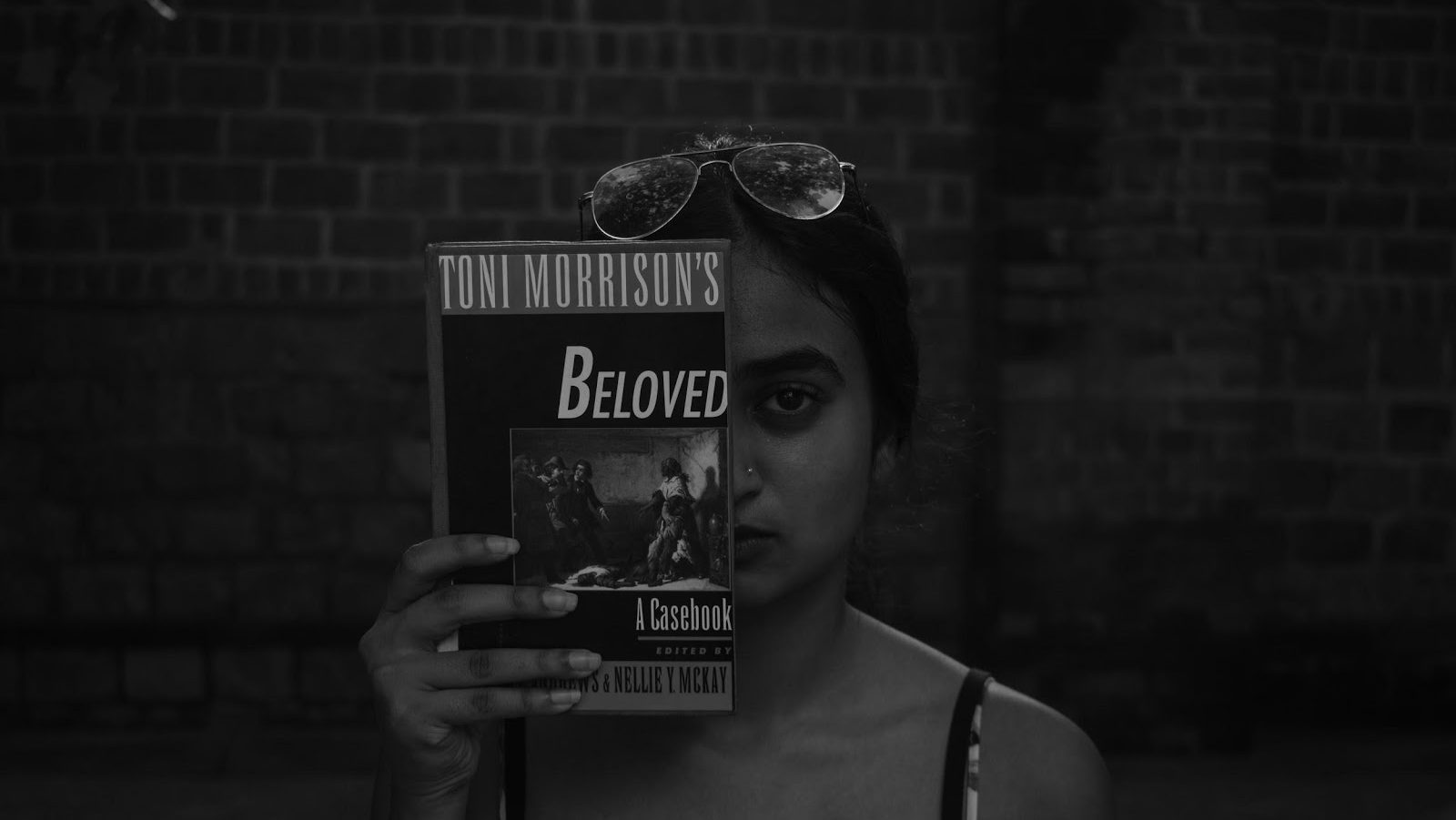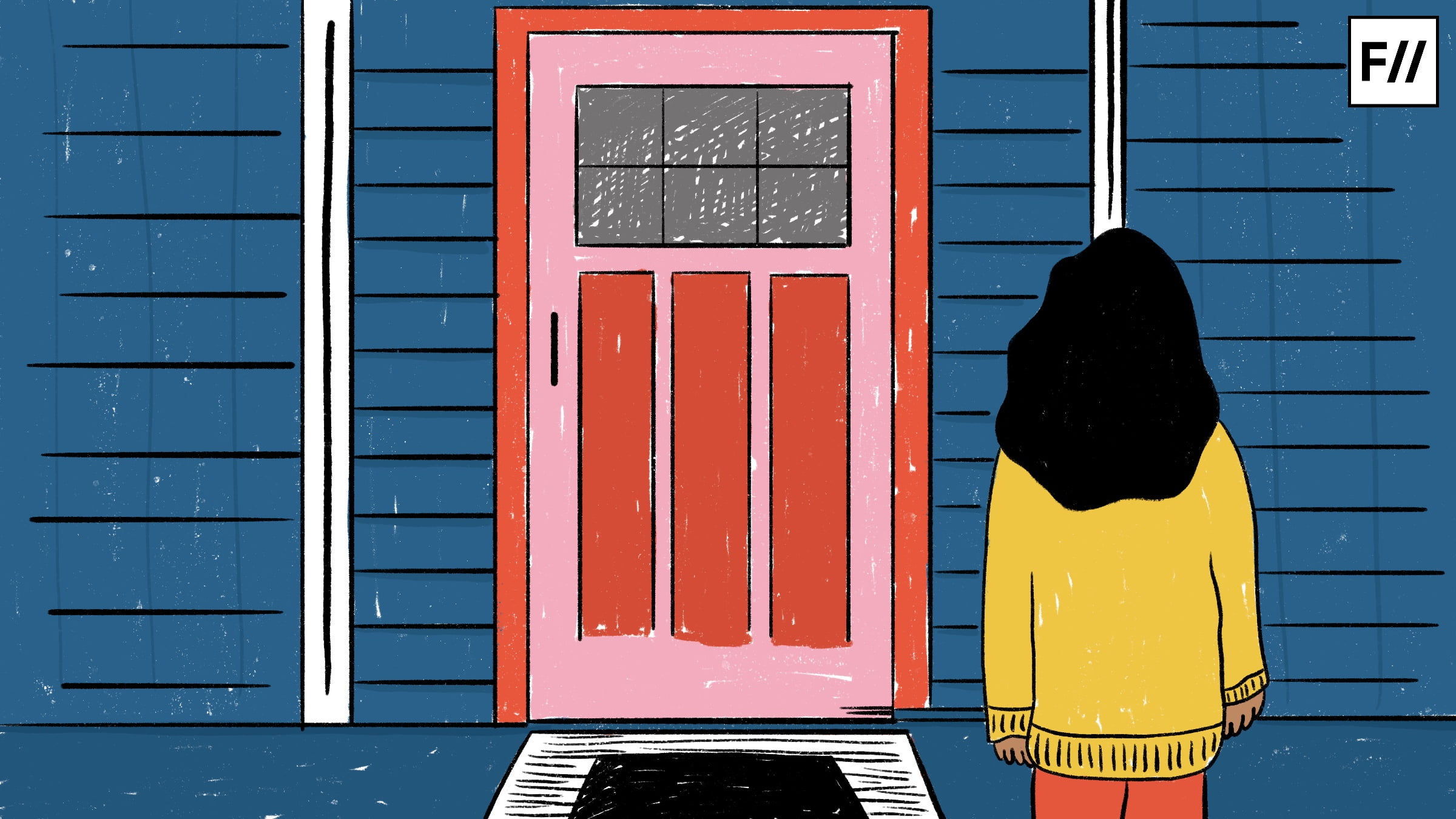Posted by Anushka Maheshwary
“Caring for myself is not self-indulgence. It is self-preservation, and that is an act of political warfare.” Audre Lorde in her book A burst of light, written after she was diagnosed with cancer for a second time and published in 1988, speaks of the act of taking care of oneself and understands it as a central tool for the political warfare that identities under attack are engaged in. In Lorde’s conception of this exercise of taking care of the self, the emphasis is on asserting one’s personhood and reclaiming the pleasure that was denied in a world where these identities were increasingly under attack and consistently have had their experiences invalidated.
However, modern-day capitalistic forces have monopolised popular conceptions of self-care, an idea that was conceived and practised as a form of resistance for marginalised identities is now consistently being co-opted by dominant mainstream cultures across the globe. Manifestations of Self-care on social media platforms, expressed in the variations of the essential idea of #butfirstYOU, conveniently employ the rhetoric that essentially ties the process of care of the self with a necessary moving away from the realm of the social, and therefore also the political.
This understanding of the process inevitably reinforces the binary between the personal and the political insofar as it juxtaposits them as these two irreconcilable spaces such that one cannot find any sense of “peace” as long as one continues in the realm of the sociopolitical. One of the most violent effects of this capitalisation of self-care, then, is that it has filled popular imagination of this act with narratives centred around the self and the self only, and fails to acknowledge that these concerns themselves are grounded in systemic ways in which capitalism builds associations between persons and productivity to the extent that one is identified only as a cog in the machine.
modern-day capitalistic forces have monopolised popular conceptions of self-care, an idea that was conceived and practised as a form of resistance for marginalised identities is now consistently being co-opted by dominant mainstream cultures across the globe.
The assertion of the identities that the self partakes in is central to the act of self-care as such, yet Lorde never advocated isolation of the individual but only its opposite insofar as these acts were conceived as necessary for the survival of marginalised identities and associated cultures; self-care as she understood it became a site for the expression of the hopes and dreams and pleasures of these identities.
“Completely unconcerned with what’s not mine” is then both a common caption and symbolic of the movement of the idea of caring for the self as it was located in alternate discourses and cultures to the mainstream imagination, and captures a certain hollowness that runs through the latter.
In this essay then, through the use of the visual medium, one seeks to offer a critique of this capitalistic conception and appropriation of self-care. Self-care tied to one’s social self, perceived as necessary resistance to systemic oppression, is grounded in the particular socio-political context that oppression arises in and its intersections with other forms of oppression, simultaneously hoping to explore and reveal the multifaceted and differing conceptions of self-care and the ways in which they correlate.
Also read:
It is with this hope of rediscovering a sense of resistance to systemic injustices that runs deep in the act of truly caring for the self that one turns to the opening lines of Toni Morrison’s Beloved:
“that the order and quietude of everyday life would be violently disrupted by the chaos of the needy dead; that the herculean effort to forget would be threatened by memory desperate to stay alive.”
Also read: In Photos: Queering Spaces And Spacing The Queer
References
- Genderit
- Common Dreams
- Conversations.e-flux
- Huffpost
- A burst of light by Audre Lorde
Anushka is a queer feminist and student of philosophy, who’s a little tired of speculative metaphysics and a lot in love with queer fanfiction and Audre Lorde.
Photography by Maria Reji
Edits by Alex Gabriel




